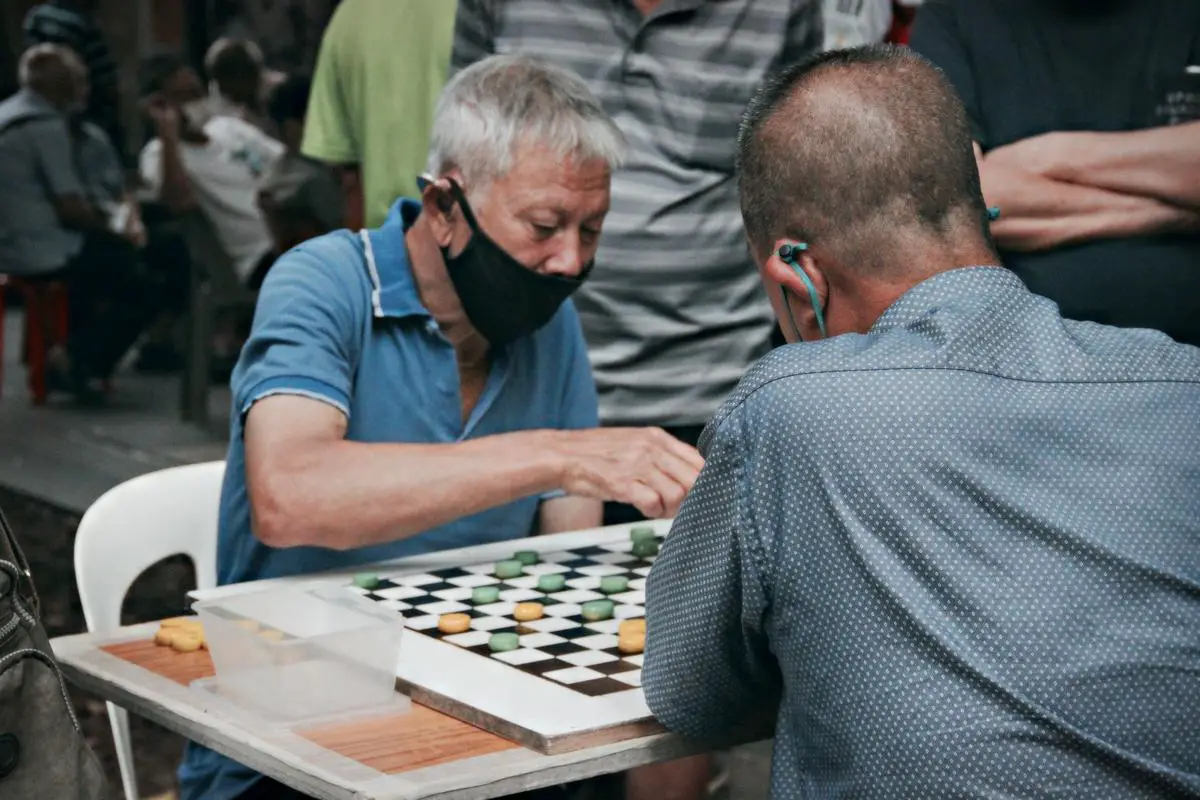Chess Clubs & Communities: Your Ultimate Guide
Chess has long been a beloved game for people from all walks of life, offering intellectual challenge, strategic thinking, and an opportunity for social interaction. As interest in chess continues to grow, many individuals are seeking out chess clubs and communities as a way to broaden their skills, meet like-minded individuals, and fully immerse themselves in this captivating game. In this exploration, we delve into the various benefits of joining chess clubs and communities, discuss the different types of clubs and communities available, and provide guidance on finding and joining the right club or community for you.
Benefits of Joining Chess Clubs and Communities
Social Interaction and Competition
One of the most significant benefits of joining chess clubs and communities is the social interaction with like-minded individuals who share a passion for chess. This provides an excellent opportunity to make new friends, practice good sportsmanship, and engage in friendly competition. Participating in a chess club offers players a structured environment in which they can improve their chess skills while interacting with others who share their interests.
Skill Improvement and New Strategy Exposure
In chess clubs and communities, players find themselves surrounded by a wide range of skill levels and playing styles, providing ample opportunities to learn and improve. By playing against opponents with different strengths, one can identify weaknesses in their game, develop new strategies, and sharpen their skills. Additionally, club members often share their knowledge of various techniques, helping each other to advance by discussing opening moves, tactical sequences, and endgame scenarios. The exchange of ideas helps players of all levels to broaden their chess repertoire and deepen their understanding of the game.
Uniting Chess Enthusiasts and Enhancing Skills
Chess clubs and communities are crucial in uniting chess enthusiasts, promoting the game, and fostering camaraderie among players. These gatherings provide a combination of social and intellectual stimulation, enabling members to enhance their skills and develop friendships that extend beyond the chessboard. Additionally, chess clubs frequently conduct tournaments, lectures, and workshops, making them a valuable support network for players aiming to compete and broaden their expertise. Becoming a part of a chess club or community not only improves one’s chess abilities but also enriches the overall experience through social connections and a shared passion for the game.

Types of Chess Clubs and Communities
Discovering Local In-Person Chess Clubs
For chess aficionados, local in-person chess clubs are an outstanding way to connect with fellow enthusiasts, sharpen their skills, and participate in friendly competition. These clubs typically convene at community centers, schools, libraries, or other public spaces and welcome players of all ages and abilities. Some clubs might require a membership fee or request donations to cover expenses related to the venue and activities. They often organize regular tournaments, provide lessons or coaching, and offer a supportive atmosphere where players can learn from one another. To join a local chess club, seek out one in your area and attend their meetings or events. This can be accomplished by searching online or exploring local community listings.
Online Chess Platforms and Communities
With the rise of the internet, there are many online chess platforms and communities offering a convenient way for players to connect, learn, and play chess without needing to leave their homes. These platforms provide a range of services and features that cater to players of all skill levels, such as game analysis tools, puzzles, lessons, webinars, and live tournaments. Popular online chess platforms include Chess.com, Lichess, and Internet Chess Club, among others. Registration for most online platforms is free, although some may have premium features available for a fee. Online chess communities can also be found on social media platforms, forums, and even dedicated websites, where players can share their experiences, strategies, and love for the game.
Chess Groups and Pages on Social Media
The rise of social media platforms such as Facebook, Twitter, and Reddit has led to the creation of numerous online chess communities, catering to a wide range of interests, including specific chess openings, famous chess players, and general discussions of chess strategy and news. To join these online communities, simply send a request or follow the respective page, while adhering to the guidelines and rules of each platform. Moderation and specific rules are often in place to maintain a respectful and inclusive environment for all members. By engaging with these social media chess communities, you will not only stay informed about the latest chess news and strategies but also interact with fellow chess enthusiasts and forge new friendships with like-minded individuals.

Finding and Joining the Right Club or Community
Finding the Right Chess Club or Community
In order to make the most of your chess-playing experience, it is crucial to find a chess club or community that matches your skill level, interests, and location. One effective way to locate such clubs is by using search engines like Google and including specific keywords such as “beginner,” “intermediate,” or “advanced” to help narrow down the options that cater to your skill level. Equally, online chess communities on social media platforms are a valuable resource for discovering local chess events, gatherings, and clubs. Furthermore, websites like the United States Chess Federation (US Chess) and Meetup.com provide directories of chess clubs and communities, which allow you to filter your search based on critical factors like location, age range, and skill level.
Preparing for Participation in Chess Clubs
Once you have located a chess club or community that suits your needs, it is important to acquaint yourself with club etiquette and any expected contributions from its members. This may include understanding the club’s rules and regulations, respecting the time control (the amount of time each player has to make a move) during games, and providing a quiet environment for fellow members to concentrate. Most chess clubs host regular meetings where members can play friendly games and participate in structured events such as tournaments or practice sessions. When attending a club meeting or event for the first time, it is a good idea to arrive early, introduce yourself to other members, and observe how games are played and the general atmosphere of the group. Some clubs may charge a small fee for membership or request a donation to cover the cost of materials and venue rentals. In this case, it’s essential to be financially prepared to make any necessary contributions in support of the club or community’s activities.
Engaging with the Chess Community
In addition to the etiquette of joining a chess club, it is important to engage with the community to further expand your knowledge of the game and form friendships with other chess enthusiasts. Joining online forums, participating in discussions, and seeking out advice from more experienced players are all ways to enhance your chess skills while contributing to a welcoming and supportive environment for both newcomers and seasoned players alike. This active involvement in your chosen chess club or community will not only serve to improve your play but also create a network of fellow chess players with whom you can share your passion for the game.

Ultimately, joining a chess club or community can significantly enhance one’s appreciation and enjoyment of the game. The support and camaraderie found within these organizations can cultivate a deeper understanding of chess, improve one’s skills, and foster lasting friendships. By considering the various types of clubs and communities available, and actively seeking out the best fit for your personal interests and goals, you can unlock the many rewards that participation in a chess community has to offer. We hope this exploration has inspired you to embark on your own chess journey and further immerse yourself in this timeless game.
